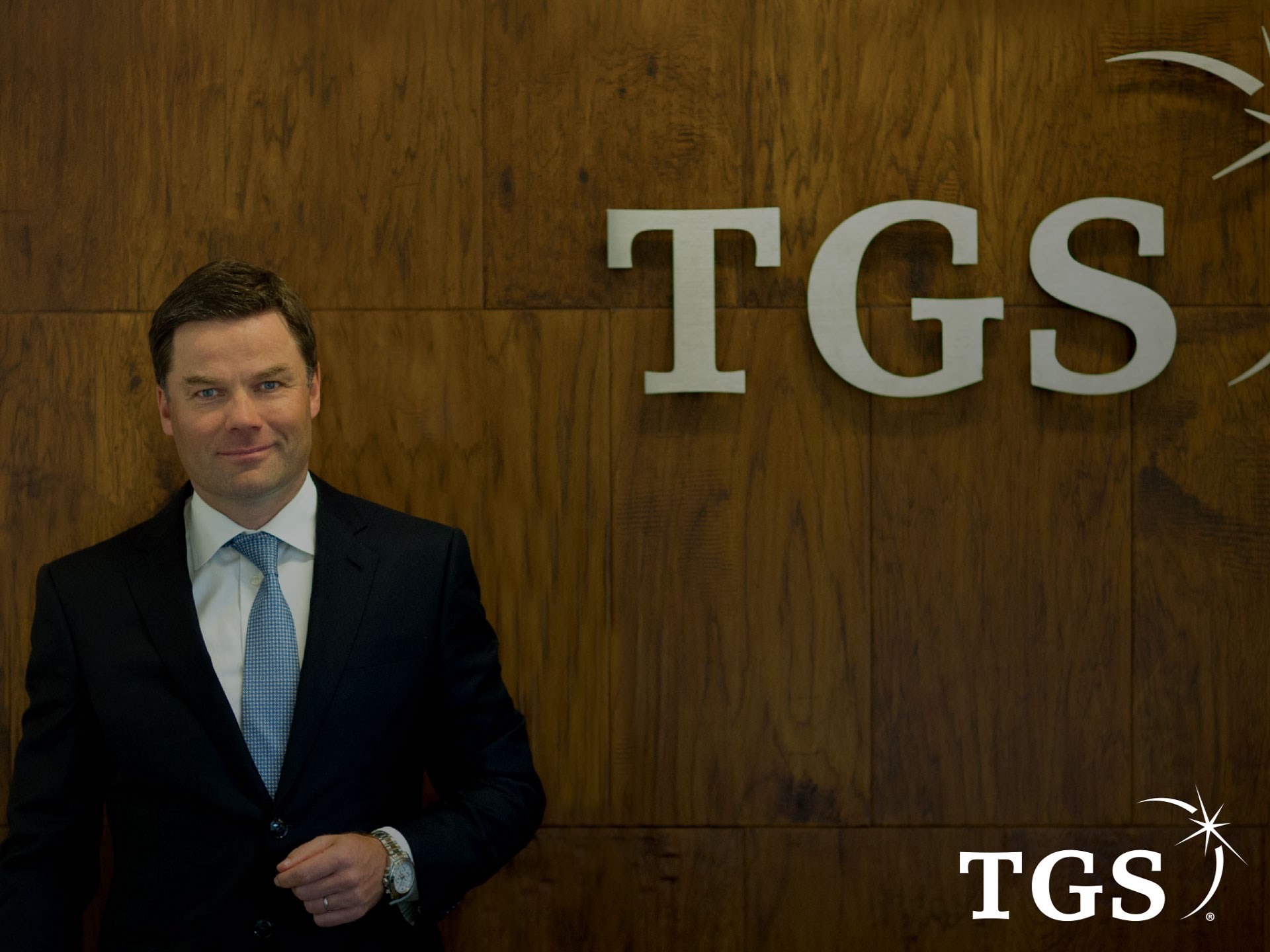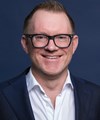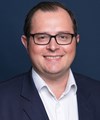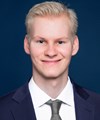TGS is acquiring its competitor Spectrum, and Kid is buying Hemtex in Sweden. Here, we take a closer look at these two transactions.
TGS + Spectrum
The boards of TGS and Spectrum have proposed that TGS buy Spectrum with a settlement in shares. TGS is considerably larger than Spectrum, but the companies have quite similar business models and know each other well from e.g. ongoing collaborative projects.
TGS's solid cash position and hence financial muscle is an important reason why Spectrum has chosen TGS as a partner for an ongoing large-scale project outside Brazil. Furthermore, TGS is the largest multi-client operator globally and thus has a considerably larger sales force and processing capacity than Spectrum. Thus, there are good reasons why Spectrum's library will have a higher value as part of TGS.

A good example is provided by the world's largest 2D library, which Spectrum possesses. Simpler 2D data is an important basis for deciding where to invest for acquiring more advanced 3D data. The simple fact that the combined company is many times larger than a stand-alone Spectrum increases the value one can derive from such an investment-decision basis. Geographically, Spectrum is well represented in South America, which is an up and coming market, and where TGS is not as well positioned – but wants to invest. The transaction is estimated to provide USD 20 million in cost synergies.
Spectrum's shareholders will receive settlement in TGS shares, and the number of outstanding shares in TGS will increase by 14 per cent. Based on consensus estimates for 2019, TGS has a P/E of twice that of Spectrum, which means that the transaction is expected to be accretive on TGS's bottom line.
Spectrum is the last in a series of assets TGS has taken over from other companies in recent years. Libraries from companies such as Polarcus, Dolphin, MCG and Seabird have ended up in TGS's portfolio. Thus, TGS has singlehandedly ensured a significant consolidation of an industry having experienced its worst crisis in decades. As shareholders, moreover, we have been delighted that TGS has paid dividends throughout the downturn, and that the company has also kept its data collection at a record high. TGS is not only the largest in the world in an industry that is now improving, but is also the largest holding in our portfolio.
Kid + Hemtex
Kid Interiør has entered into an agreement to purchase Swedish Hemtex on a debt-free basis for SEK 226 million. Unlike Kid, Hemtex has struggled with profitability in recent years. In an industry with major challenges, Kid appears as an epitome, with a relatively stable and high operating profit and organic sales growth.
The last time Kid tried to expand in Sweden, it contributed to the company going bankrupt and was taken over by the main creditor DNB. No more than seven years have passed since Mr. Gjelsten bought Kid from DNB, and the previous Swedish expansion is well known both for today's main shareholder and for Kid management. We believe Kid has good opportunities to succeed in their plan for raising profitability in Hemtex. The fact that the purchase price is low and that management and the main shareholder have a clear plan for the careful transfer of "best practice" from Kid to Hemtex, we see as reducing risk. If they succeed, there is great potential.
If we use some approximate figures and assume that Hemtex achieves a ten per cent operating margin, net profit will increase from the current level of zero to approximately NOK 100 million. Applying the same P/E as for Kid (about 12), the value for Kid's shareholders will have increased by exactly NOK one billion, or just over 50 per cent.
Portfolio management team
The article is an excerpt from the May 2019 monthly report for Pareto Aksje Norge. Pareto Aksje Norge A had a return of -2.9% in May and 6.2% on average for the past 5 years as per 05/31/2019.
Historical returns are no guarantee for future returns. Future returns will depend, inter alia, on, market developments, the portfolio manager's skill, the fund's risk profile, as well as fees for subscription, management and redemption. Returns may become negative as a result of negative price developments.



